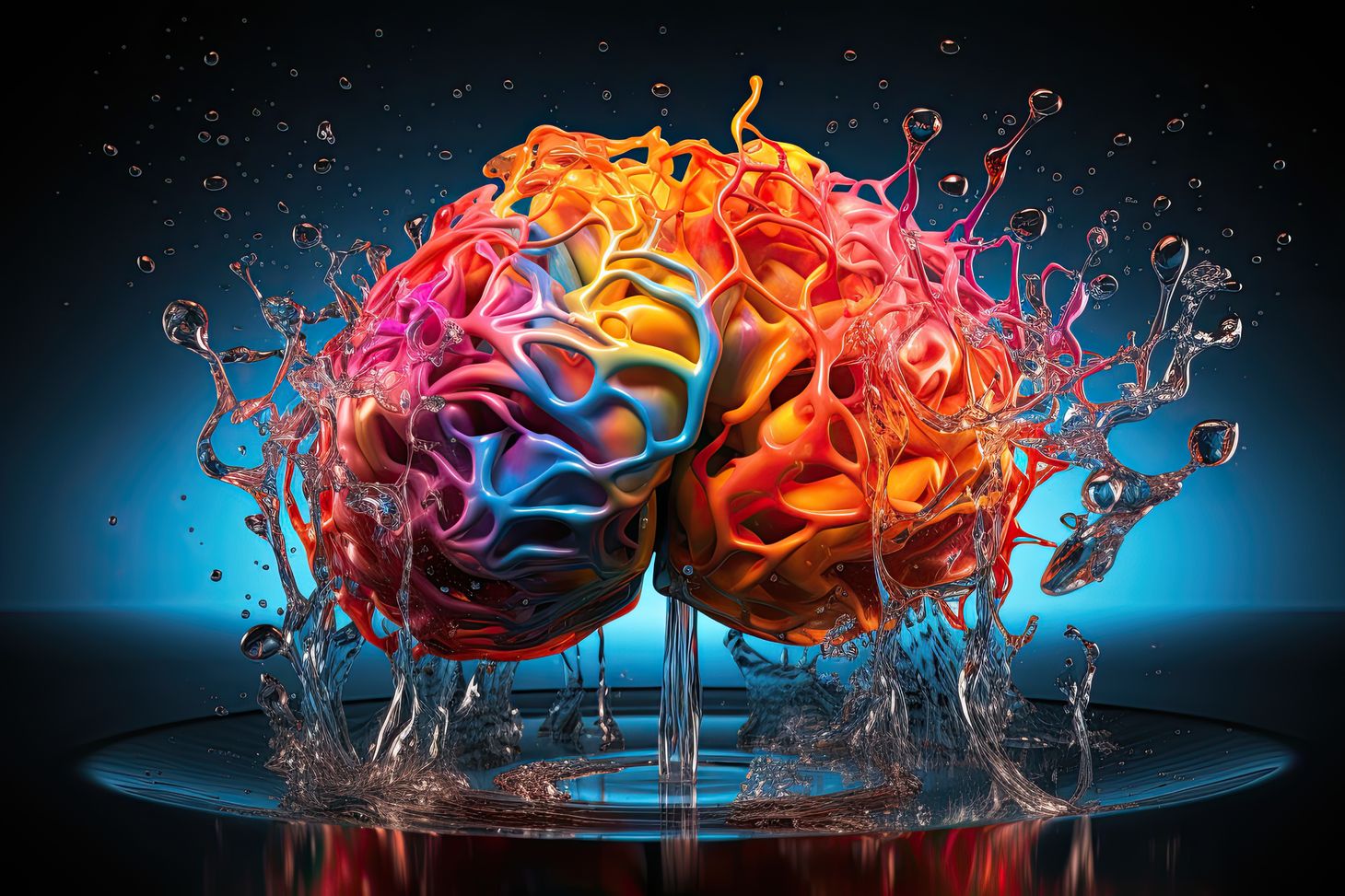How to Manage Cognitive Load and Optimize Your Thinking
Did you know your brain can overload like a computer with too many tabs open? This phenomenon, termed 'cognitive load,' can decrease focus, retention, and overall performance.

Have you ever experienced feeling overwhelmed when studying for an exam or trying to solve a difficult problem? If so, you've likely encountered cognitive load. Cognitive load refers to the mental effort required to process information and complete tasks. As we go through our daily lives, we encounter cognitive load in many forms, such as trying to remember someone's name, navigating a new city, or juggling multiple tasks at once.
Research has shown that excessive cognitive load can impede our ability to learn, think critically, and make decisions. However, with the right strategies in place, we can manage cognitive load and optimize our thinking.
Unleash the power of your mind by lightening the load; a decluttered brain is the key to unlocked potential.
What is Cognitive Load?
Cognitive Load Theory, proposed by psychologist John Sweller in the 1980s, is a framework used to explain the process that takes place when our brains consume and store information. Cognitive load comes in two variants: intrinsic and extrinsic.
Intrinsic cognitive load is inherent to the difficulty of the task or information itself — it's the mental effort involved in understanding a complex concept, solving a challenging problem, or learning a new skill. It relates directly to the task at hand and varies depending on an individual's prior knowledge and ability to grasp new information.
Conversely, extrinsic cognitive load is influenced by how the information or task is presented to us. It involves the mental effort required to deal with distractions or irrelevant information, such as a noisy study environment or complex instructions. The design of learning materials and the surrounding environment can significantly affect the extrinsic cognitive load.
Remember, our cognitive resources are finite. If the total cognitive load (intrinsic and extrinsic) exceeds our cognitive capacity, it can lead to cognitive overload, making learning and problem-solving less effective. This is why understanding and managing cognitive load is vital to optimizing our cognitive performance.
Managing Cognitive Load
Managing cognitive load involves reducing both forms of cognitive load. One effective strategy for managing cognitive load is to focus on one task at a time. This helps reduce extraneous cognitive load and allows us to allocate more mental resources to the task. We can also reduce intrinsic cognitive load by breaking larger tasks into smaller, more manageable ones.
Another strategy for managing cognitive load is to streamline your environment. Keep your workspace tidy, turn off notifications on your phone, and eliminate unnecessary distractions. This can help reduce extraneous cognitive load and allow you to focus your mental energy on the task at hand.
Additionally, structuring information in a meaningful and organized way can also help reduce cognitive load. Group related concepts together when studying or learning new material and create outlines or summaries. This can help reduce the overall cognitive load and make it easier to retain information.
Aids to Manage Cognitive Load
In addition, we can manage our cognitive load by utilizing external aids. For example, a to-do list or planner can help reduce cognitive load by freeing up mental bandwidth that would otherwise be used to remember tasks and deadlines. Similarly, taking notes during a meeting or lecture can help offload cognitive load by allowing you to refer back to your notes instead of trying to remember everything.
Moreover, incorporating visual aids such as diagrams, charts, or mind maps can also help reduce cognitive load and enhance understanding. These aids can help break down complex information into smaller, more digestible chunks and make connections between different pieces of information.
Impact of Cognitive Load
The benefits of managing cognitive load are numerous. Research has shown that students taught to manage cognitive load perform better on tests and retain more information. In professional settings, managing cognitive load can lead to more efficient work and better decision-making.
On the other hand, failing to manage cognitive load can have negative consequences. When we're overwhelmed with too much information or too many tasks, our working memory becomes overloaded, and we can experience cognitive overload. This can lead to difficulty concentrating, forgetfulness, and decreased performance on tasks.
Personal Experience Managing Cognitive Load
One way I personally manage cognitive load is by eliminating unnecessary decision-making. For example, I've found that choosing what to wear in the morning can be a significant source of cognitive load, so I've simplified my wardrobe to minimize the decisions I have to make. I wear a black golf shirt, blue jeans, and cowboy boots every day. This eliminates the need to decide what to wear daily, freeing up cognitive resources for more important tasks. It also eliminates the cognitive load when it comes to shopping, as I wear the same items from the same brands.
Does my wife like it? No. But she has come to tolerate it even if she tries to inject color into my wardrobe occasionally.
The art of thinking begins when you learn to unload your cognitive cargo, making room for your mind to soar.
Conclusion
Cognitive load is a natural part of our daily lives, but effective strategies exist. By reducing both intrinsic and extrinsic cognitive load, streamlining our environment, utilizing external aids, and simplifying decision-making, we can optimize our thinking and maximize our performance on tasks. The benefits of managing cognitive load are numerous, and the consequences of failing to do so can be detrimental. Managing cognitive load is a valuable skill in our arsenal as we continue to navigate our increasingly complex world.
Phil McKinney Newsletter
Join the newsletter to receive the latest updates in your inbox.




